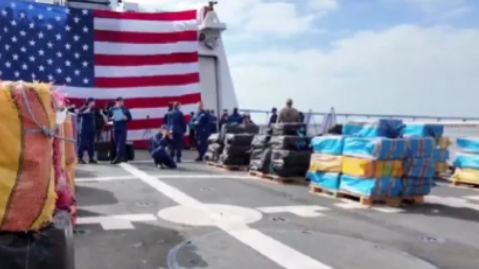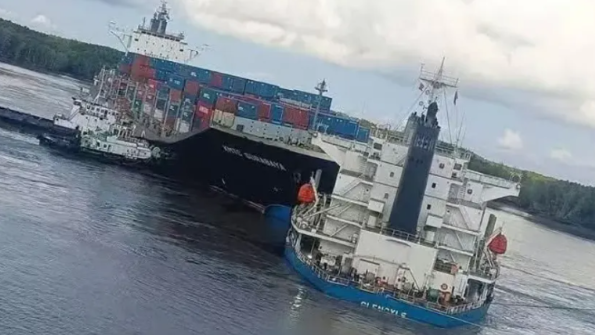The European Commission has recently taken a critical step to combat the so-called "shadow fleet" operating through its waters. A revision to the "Ship Monitoring Directive" now requires all vessels, including those merely transiting EU waters without entering EU ports, to provide insurance information.
In a press release, the European Commission stated: "By requiring all ships operating near us to carry proper insurance, the EU enhances its ability to monitor and, if necessary, investigate maritime activities, addressing the risks posed by uninsured or unsafe vessels."
Magda Kopczyńska, Director-General for Mobility and Transport at the European Commission, said: "This is a targeted measure with potentially significant impact, strengthening the preparedness of EU coastal states."
By the end of last year, the number of sanctioned vessels exceeded 1,000, according to S&P Global Market Intelligence, with over 800 ships operating without insurance. Moreover, the average age of sanctioned vessels (21 years) is about eight years older than the global average, heightening concerns that the large "shadow fleet" could trigger costly environmental disasters.
Following near-miss incidents involving aging ships in Russia’s "shadow fleet" and subsea cables being cut by dragging anchors, European countries have stepped up actions to address these risks.
Many vessels have faced sanctions, and since January, NATO and several Baltic states have launched "Baltic Sentinel," a naval operation to counter subsea attacks.
Since February, the Danish Maritime Authority has been enforcing port state controls on what it deems high-risk tankers anchored near Skagen, Denmark’s northernmost point.
Also this year, the Joint Expeditionary Force (JEF), a UK-led Nordic defense partnership, initiated an advanced response system named "Northern Guardian" to monitor threats to subsea infrastructure and track Russia’s shadow fleet. This operation employs artificial intelligence to analyze data from various sources, including the Automatic Identification System (AIS) signals transmitted by ships, to assess the risk each vessel poses upon entering designated areas of interest.
Earlier this month, Estonian authorities seized an 18-year-old oil tanker for flying a false flag, marking the first such action against Russia’s shadow fleet by a Baltic coastal nation.

Last
US Coast Guard Seizes Over $200 Million Worth of South American Cocaine in San Diego
Recently, the US Coast Guard cutter USCGC Kimball offloaded more than $200 million worth of South American cocaine at a pier in Sa

Next
Severe Collision Between KMTC Container Ship and Bulk Carrier in Vietnams Long Tau River
A serious collision occurred between the container ship "KMTC SURABAYA" operated by South Korea’s KMTC and the bulk carrier "GLENG



